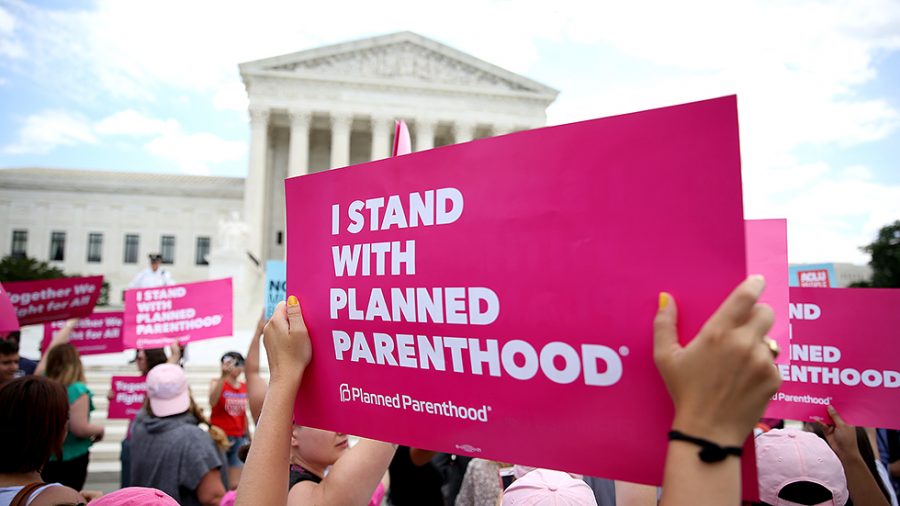Do you Stand with Planned Parenthood?
When people hear the words, “Planned Parenthood” they typically think of one thing; abortion, which has been a highly controversial topic since the early 20th century. It is especially hard to debate because your opinion on the topic primarily depends on your moral standards. Some people consider it murder of a human being, others consider it a harmless evacuation of a clump of cells. However, it is legal and up to 4,000 abortions are performed everyday in the U.S. alone. Of the places that perform abortions, Planned Parenthood is one of them.
However, contrary to public speculation, only 3% of Planned Parenthood services performed are abortions. As of 2014, studies show that 42% of their services are for STD Testing and Treatment, 34% are for contraceptives, 11% are for other women’s health services, 9% are for cancer screenings and prevention for either male or female, and 3% is for abortion services.
For many people, Planned Parenthood is their primary source of care, the provider they trust the most and are the most comfortable with their health care needs. Planned Parenthood provides high-quality care to under served communities with a low income rate and if these centers get closed down or defunded, as President Trump has stated multiple times that he plans to do, there is no guarantee that other health care providers will be able to adequately serve their patients.
Doctors, community health centers, and other clinics simply don’t have the funding to provide care to all the patients currently served by Planned Parenthood. The Congressional Budget Office has estimated that up to 25 percent of patients served by Planned Parenthood could lose their access to care if the organization lost its federal funding, which puts them at a huge risk as they won’t have the money to receive health screenings or the treatment that they are entitled to as human beings.
In conclusion, attacks on Planned Parenthood put millions of people at risk; especially those living in under served and low-income communities. According to Families USA, congress should work on expanding and improving the programs rather than try to tear them down based on ignorant assumptions that aren’t valid or relevant, and their top priority should be to keep their citizens happy and healthy.
I’ve never been one to write long novels or fan fictions on Wattpad, which is an open and online platform for reading a writing, like so many other young...











